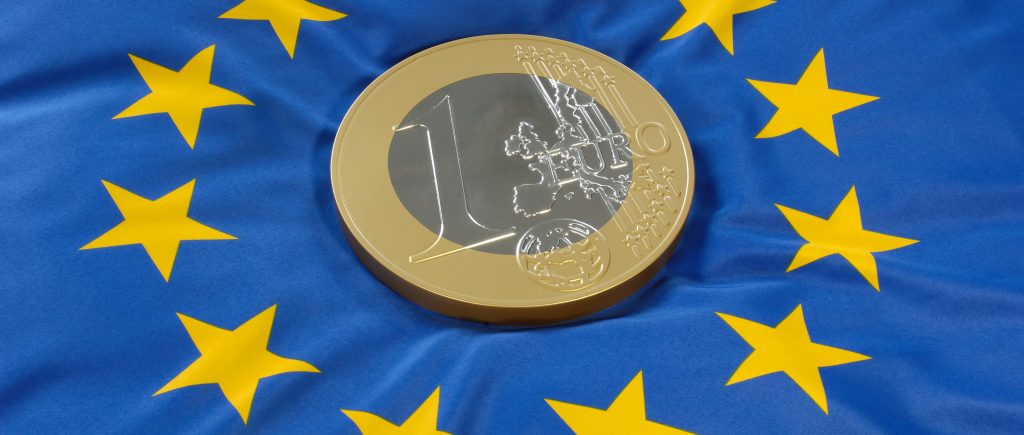On Monday, European equities generally lost ground, with the STOXX600 falling by 0.5 percent. In November, the Eurozone’s Industrial Production declined once more. The ECB’s aspirations for rate change continue to be met with a stiff wall from policymakers.
To start the new trading week, global market indexes dropped and European shares generally sank, giving back the gains from Friday. As US markets were closed for the Martin Luther King holiday, European stocks declined following the euro area Although higher than the previous period’s -0.7%, Industrial Production in December declined in line with market expectations by -0.3%, reflecting the worsening economic conditions in Europe.
In contrast to the average annual rise of 1.2% (2012–2022), Germany’s Real Gross Domestic Product (GDP) Growth shrank by -0.3% in 2023, adding fuel to the fire and sending the German DAX down 0.5 percent on Monday.
In light of the fact that policymakers are struggling to justify rate decreases due to persistently strong inflation and wage pressure, ECB officials are continuing to downplay market expectations of rate cuts from the institution. The World Economic Forum, which is being held this week at a five-star ski resort in Davos, Switzerland, is being opened by ECB officials and a number of heads of state from the Eurozone. The meeting runs from January 14 to January 19.
The theme of this year’s WEF conference in Davos is “Rebuilding Trust,” and discussion points will include supply chains, artificial intelligence (AI), global commerce, inflation, and geopolitical tensions in the Middle East.
The EUROSTOXX600 major equity index lost roughly 0.55% on Monday, sliding 2.578 points to end at €474.19, while Germany’s DAX index shed 0.49% to end the day down 82.34 points at €16,622.22. Paris’s CAC 40 dropped 53.46 points to finish Monday’s trading at €7,422.68, down 0.72%, while the FTSE main index in London fell 0.4% to conclude at £7,594.91, down little more than 30 points.
Germany’s main equity index fell on Monday, reversing its gains from Friday and closing below the 200-hour Simple Moving Average (SMA). This kept German stocks trapped in a consolidation pattern that has impacted the index since December and indicated growing pressure from the downside.
The DAX is still in bull territory even though it hasn’t been able to sustain its upward momentum after rising from October’s lows at €14,600, gaining about 14%, and staying close to new all-time highs at the €17,000 major price level.

 Noor Trends News, Technical Analysis, Educational Tools and Recommendations
Noor Trends News, Technical Analysis, Educational Tools and Recommendations




